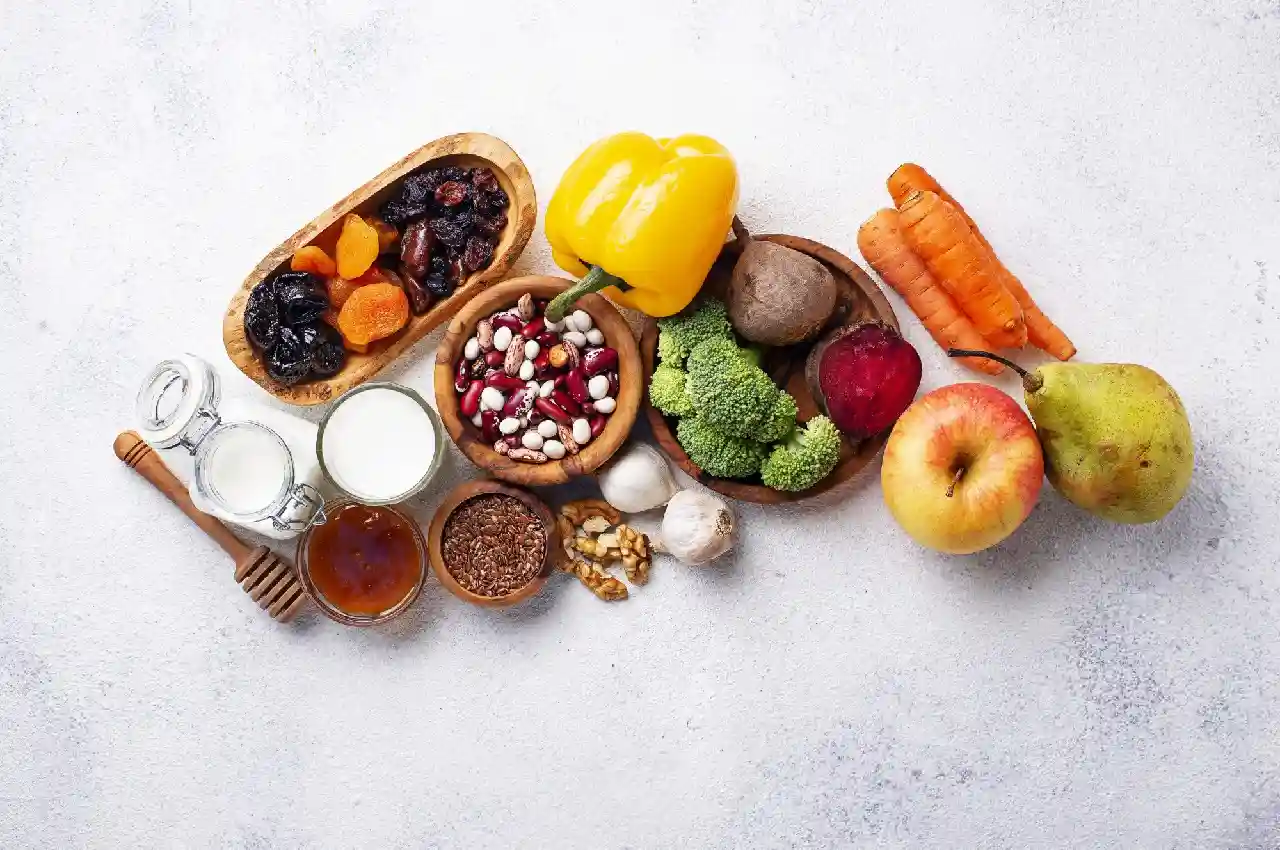NEWS
What Are TCS Foods?

If you’re only just hearing about “TCS foods,” don’t worry, you’re not the only one. It’s a relatively new phenomenon and sounds quite unfamiliar, even if you’re familiar with everything else Obsessive Compulsive Disorder (OCD) has to throw at you.
Still, it’s a very real challenge that many people provide with OCD face when shopping or preparing food, so you’ll do well to get familiar with it!
If you’re ready to find out: “What are TCS foods?” simply read on and we’ll show you what everything is! That way, you can provide your loved ones and friends with all relevant information so they can help you, should you suffer from this challenge.
Meat and Poultry
TCS Foods Meat and Poultry are a type of food products that are derived from animals such as calves, cows, goats, chickens, ducks, and turkeys. These food items are typically cooked and prepared mainly for human consumption.
TCS stands for time and temperature control for safety, which is a standard that ensures the meat is cooked for a sufficient amount of time and exposed to a heat that is enough to kill bacteria.
These meats and poultry can be cooked in a variety of ways, including roasting, frying, grilling, and steaming. The TCS labeling of a food product ensures that the product is free of any organisms that could be potentially harmful to one’s health.
Milk and Dairy
Milk and Dairy items are fresh products designed to give families an easy way to introduce dairy into their diet through natural products. They offer a full range of dairy products such as milk, yogurt, cheese, and butter, as well as a variety of flavors and types.
TCS Foods strives to provide quality milk and dairy products that are both nutritious and delicious. Their high-quality dairy ingredients are sourced from ethical producers, and their packaging materials are 100% recyclable use.
Fish and Shellfish
Fish and Shellfish offer a wide variety of products that encompass both fresh and frozen products. All fish and shellfish products are labeled and subject to inspections and approval by the U.S. Food and Drug Administration.
Fresh fish and shellfish products are processed on-site with the most up-to-date industry practices in order to maintain the utmost quality and safety of the product. The frozen products are properly flash frozen at the time of capture in order to best preserve flavor, quality, and nutrition.
Cooked Potatoes
Cooked Potatoes are pre-cooked potatoes that can be used as sides or added to other dishes. They come in a variety of shapes and sizes, including cubed, diced, and mashed.
The potatoes have already been cooked to perfection, either on a hot plate or in a deep fryer. They are easy to use and require very little preparation. This makes them a convenient product for busy people who don’t have time to prepare potatoes from scratch. The potatoes are also tasty and can be seasoned with spices and other seasonings if desired.
Give the best for your TCS foods using temperature sensors for remote monitoring to ensure you monitor product temperatures in real time, verifying quality standards while satisfying regulatory compliance requirements.
All About TCS Foods
TCS foods are safe to eat and consume when properly prepared and served. For more information, visit the Health Canada website for further information on TCS Foods and food safety practices.
Be sure to follow the guidelines carefully for safe and healthy dining. Get the food safety facts today!
Visit our main blog for more informative articles!
Having completed my education in English, I’ve cultivated a successful career as a content writer. My tenure includes valued collaborations with distinguished professional organizations, reflecting my commitment to producing high-quality content.
Contact me on this mail: [email protected]










